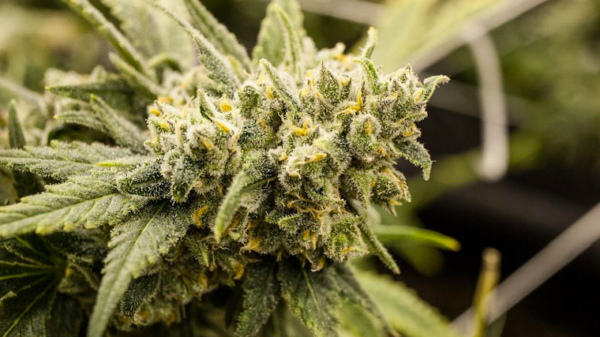The stereotype of the lazy stoner took a hit from a recent study that discovered frequent cannabis users also exercise regularly.
The first large study on legal cannabis and fitness habits in the U.S. found 70 per cent of people who reported using pot before and after their workout routines believe it increases enjoyment and motivation to be active. While 80 per cent also believed cannabis helps with recovery.
More than 600 respondents took part in the University of Colorado Boulder study, and researchers expected that some, not the majority, of pot users got high before workouts. That’s why they were surprised 82 per cent reported using cannabis around the time of exercising.
The stereotype that marijuana use leads to a sedentary, unhealthy lifestyle, was a concern for the medical professionals conducting the study. And now that recreational cannabis is legal in 10 states, researchers were concerned more people would be using pot and lead unhealthy lives.
If using cannabis encourages people to be sedentary and overeat, that obviously would be a concern
– Angela Bryan, Professor of Psychology and Neuroscience, University of Colorado Boulder via New York Times
The study authors avoided seeking out gyms, which could have otherwise skewed the results. Instead, they recruited participants through websites, dispensaries and clinics from Colorado, California, Washington and Oregon.
However, the study had limitations because findings were based on self-assessments and were likely not representative of the entire population of cannabis users in the country. Dr. Bryan noted “the states that have legalized cannabis also happen to be the states that we know are the most physically active.”
What does the study tell us?
The study does not directly prove cannabis use leads to more exercise, or it helps make users more active. But it does suggest cannabis use will not discourage people from wanting to exercise.
The revelation could help reduce the stigmatization of marijuana use among non-cannabis users. Although cannabis has been legalized in Canada and 10 U.S. states, it’ll likely take years convincing some people cannabis may have health benefits. But studies like this are steps in the right direction to help provide data and context to behaviours rather than relying on assumptions.
As social acceptance grows, more people may start using cannabis. And stereotypes will start to be less relevant given the wide cross-section of individuals that use pot.
The more information there is on cannabis use, the more an accurate picture will be painted on its effects — both good and bad. More clinical research could also help other countries (or U.S. federally) looking to legalize pot with a evidence-based approach to making policies.














